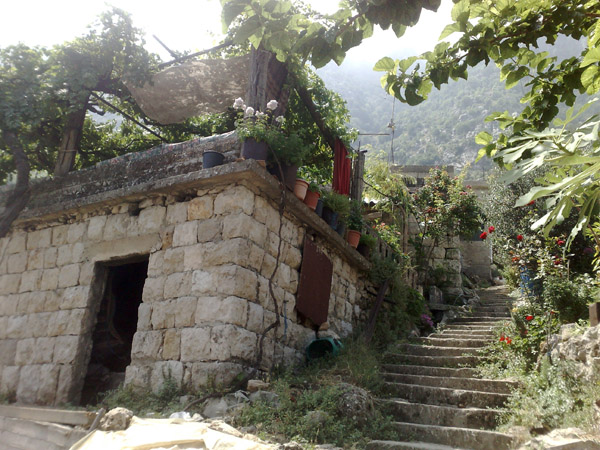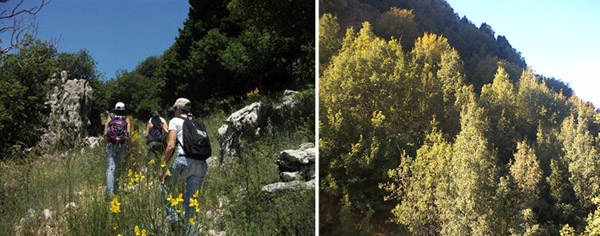If you thought ecotourism was all about the trekking through the Amazon or animal spotting in Africa, then think again. Every year, the list of ecotourism destinations is expanding and branching out from traditional hot spots to places you wouldn’t usually think about venturing through. Jabal Moussa in Lebanon proves to be one such newly added gem. Read on to find out why.
 All images © Association for the Protection of Jabal Moussa via UNESCO
All images © Association for the Protection of Jabal Moussa via UNESCO
Sitting on the slopes of the Mount Lebanon mountain chain in the Keserwan-Jbeil area, Jabal Moussa is a Biosphere Reserve covering an area of 6500ha. Incorporating a number of local villages, the aim of Jabal Moussa is to sponsor local development while reducing the impact of tourism and mining activities on the beautiful surroundings.
Unfortunately, parts of this beautiful mountain range have been hacked away in the bid to extract precious minerals. In an attempt to control this, the UN has funded the development of a project to protect the area. Organisers will also need to attempt to control the hunting, which takes place on the slopes of the hills. Despite these problems, visitors to the area will find a calm atmosphere within this protected reserve. Climbing the slopes of the mountain will bring you to an area of extensive natural beauty, brimming with natural wildlife and plants, as well as some interesting Roman remains for history buffs.
It is this natural beauty that serves as a motive to the tourguides on the mountains, devoted to promoting the area and protecting the slopes from decay. However, there’s not much they can do about the soaring temperatures and diminishing yearly snowfall, attributed to global warming. They can however promote sustainability and protection, in the hope that locals and visitors alike will begin to take pride in this beautiful landscape. Tourists to the area can hire a guide to take them through the wilderness of the mountains, and local arts and crafts will shortly be displayed in a small shop within the reserve.
The hiring of local guides and the promotion of local handicrafts goes a long way to sustaining the immediate economy, and will reduce dependence on the mountain itself. Other locals have been maximising the opportunities and serving traditional meals to visitors in their own homes.
In the coming years, the resort will hopefully develop further and incorporate to a greater degree the local community, who in turn will begin to take pride in the beautiful surroundings and advocate its protection. For further information visit the Jabal Moussa Biosphere website.



